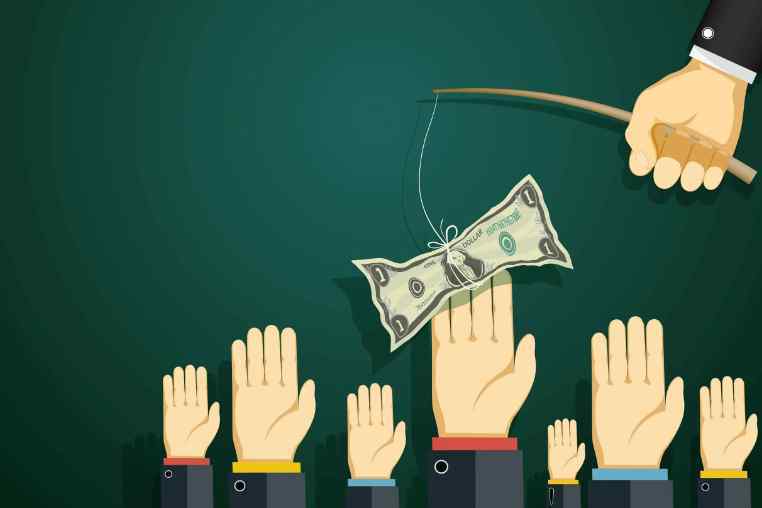According to surveys conducted among European citizens, 10% of businesses have experienced corruption schemes in the last year, and up to 80% of Europeans believe that high levels of corruption are a big problem in their region. Opinions are often heard that elites are profiting at the expense of ordinary citizens. The higher a country or region scores on the Corruption Perceptions Index, the less often people have personally experienced such examples.
What the Corruption Perceptions Index is and how it changes.
Transparency International’s Corruption Perceptions Index (CPI) is an annual ranking of corruption for different countries. The list has been compiled since 1995 and is often taken into account when assessing the standard of living in different regions. Thirteen expert assessments from independent companies around the world are compiled into a single index list, ranked from 0 to 100 (where 0 is the highest score and 100 is the lowest).
It is proven that in countries where the rights and freedoms of citizens are respected, the CPI level is higher and the standard of living is much better. The consumer price index strongly depends on the indicator of freedom of opinion and the ability to express independent judgements. This freedom has a direct impact on corruption risks, as it allows independent media to operate freely and conduct serious investigations into dubious transactions. This is a key factor that makes the political establishment strive for transparency in their work and recognise their responsibility to the general public.
Ranking of the most corrupt EU countries
A few years ago, the top five most corrupt EU countries were:
Bulgaria;
Greece;
Hungary;
Romania; and
Croatia.
However, in 2022, the list of the most corrupt countries in the European region looked like this:
Lithuania;
Moldova;
Ukraine;
Countries with the lowest consumer price index in Europe included:
Denmark;
Finland.
So, which country has the highest level of corruption?
Lithuania
In 2019, Lithuania ranked 11th in the ranking of the most corrupt European countries. Lithuanians themselves complain that the situation is getting worse and worse. So far, punishment of officials does not really help, not being able to improve the overall situation in any significant way.
At the moment Lithuania is similar to some African countries in terms of the level of corruption, and its citizens consider officials and representatives of the judicial system as the biggest bribe takers. The situation among military personnel, employees of religious organisations and non-governmental institutions is slightly better. Unfortunately, corruption scandals in the health sector are on the rise.
Moldova
A staggering 95% of Moldovan citizens believe that the level of corruption is “colossal” and the most problematic social groups are:
people’s deputies (members of parliament);
people employed in the judicial system;
government officials;
medical workers;
customs officers;
police.
To the question “What is the main cause of corruption in the country?” the majority of Moldovans answered “Poverty”. Moldova has one of the lowest levels of average wages. This works as a vicious circle: corruption is created by poverty, and poverty is multiplied by corrupt officials. The government’s actions to fight corruption have not yet had any positive effect.
Ukraine
Due to the increase in corruption over the past five years, Ukraine’s index has jumped to 70 per cent, up from 50 per cent in 2017. The country was ranked 99th in 2006 (roughly in the middle of the corruption rankings), but has fallen to 122nd position in 2022. The government has set up additional anti-corruption bodies, but their work is rarely anything more than a hustle that should give the impression of hard work, as the only tangible result so far is more administration and bureaucrats in the country instead of any real action. Corruption ties go to the upper levels of the power hierarchy.
Fighting corruption – what needs to change
Legislative reforms are only the tip of the iceberg in the fight against the spread of corruption. It is necessary to implement a policy of real prosecution of corrupt officials that would demonstrate the inevitability of punishment for such offences.
International Wealth
Due to censorship and blocking of all media and alternative views, stay tuned to our Telegram channel

